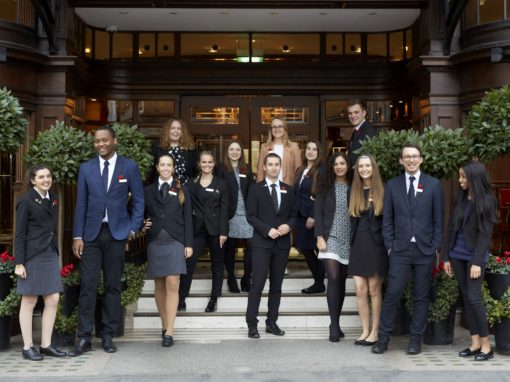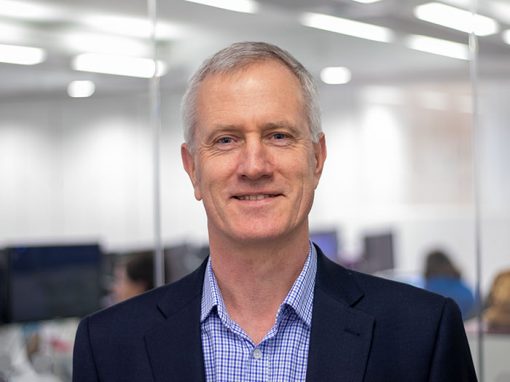Case Study: Keeping training relevant in the fast-changing world of cyber security
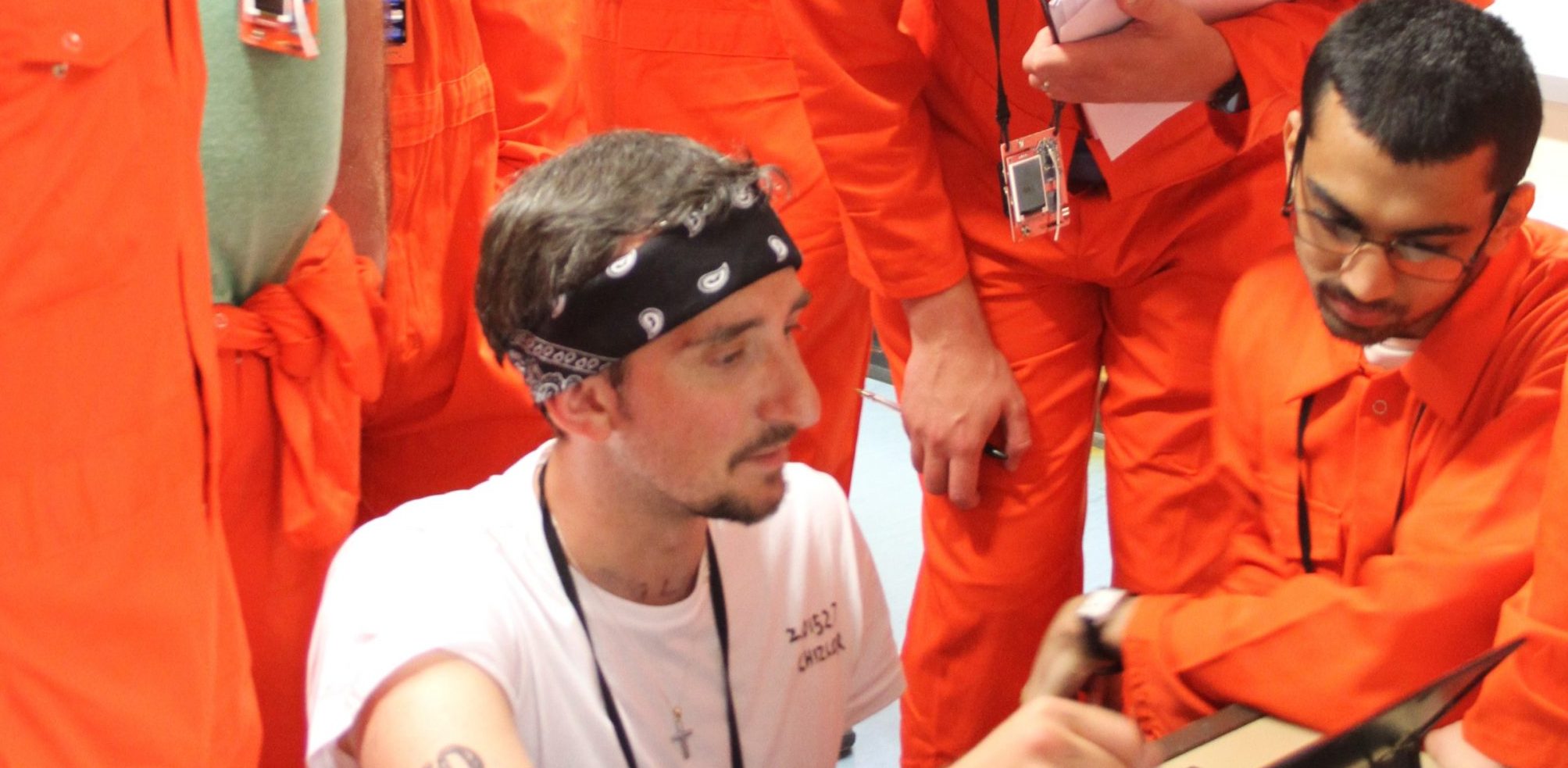
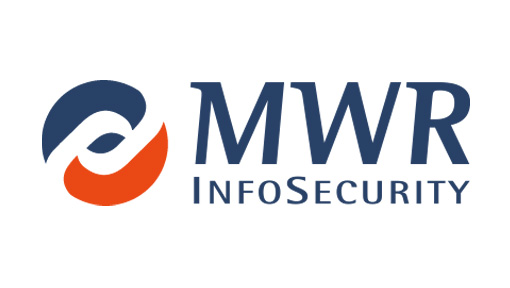
Behind every new cyber security attack or data breach is a company scrambling to put out the fire. Yet the cyber security sector faces a huge shortage in recruits, alongside challenges in upskilling the existing workforce. As security risks from new technology constantly evolve, and with many business leaders now looking to experts to fend off attacks, skills shortages are a growing cause for concern. MWR InfoSecurity, an independent cyber security consultancy, has been successfully using HackFu – an innovative, peer-to-peer training model praised throughout the industry – to address this and other business critical issues.
MWR InfoSecurity
Date 2017
Region South East
Size 50-249 employees
Sector Technology
number of trainees since 2008
£ cost per participant per event
length of an immersive training event
%
consultants' time devoted to training and research
Training is central to success
Founded in 2003, MWR has grown to become a £14.5 million brand leader. Today, 25 per cent of new revenues come from international divisions led by individuals who have participated in HackFu events. As a result, MWR views this training programme as central to its success.
In recognition of the company’s commitment to improving industry performance, and the increasing relevance of cyber security, the research-led firm has been awarded the City & Guilds Group Princess Royal Training Award – for the HackFu programme.
Peer to peer learning
HackFu is an immersive training experience, filled with challenges designed around hacking, scripting, lock-picking, crypto and generally thinking outside the box. The event places participants in a live storyline where they work in teams, challenging their own knowledge and skill sets, and sharing tips and tricks to complete as many challenges as they can.
MWR’s HackFu challenges are designed around specific learning objectives, for example, handling new types of technology such as the new contactless payment terminals – along with leadership skills and teamwork.
This dynamic approach to training is vital in an industry where staying on top of change matters. “There aren’t many formal courses we can send the guys on,” said Kerrie Fraser, Security Project Manager.
Engaging competitors
What sets MWR’s approach apart even further is that, as well as its own employees, MWR invites competitors’ employees to take part. HackFu selects people at different stages of their careers – from apprentices, to interns and MDs.
HackFu is invite-only and limited to 100 participants – and it’s the invitation everyone in the sector wants.
It is designed to showcase the opportunities within the industry, and within MWR especially, in order to support recruitment objectives.
Agile training design
The process of designing HackFu is in itself a learning opportunity. Anyone at MWR can design a challenge around the year’s chosen learning objectives, as selected by directors and team leads, with experienced challenge writers on hand to help them produce it. Ms Fraser said: “In our rapidly changing industry, who better to ask about the next big thing? They know what’s coming up next, and before anyone has had time to put it into a course, they’ve looked at it, pulled it apart, fixed it and moved on. They want to get stuck in and we can facilitate that.”
For some employees, HackFu has paved the way for promotion. But MWR ensures the learning doesn’t end when the event is over. The challenges are then made openly available for participants to review where they struggled and seek help from the challenge designer or a colleague to take their knowledge forward.
Fostering a team spirit in a remote working environment
In a sector built on remote working, the event has also proved helpful for maintaining a company culture and camaraderie.
“Consultants often work on site with clients for long periods and it can be quite solitary,” Ms Fraser said. “Bringing everyone back for a weekend to be together in one place and inviting colleagues from our newer offices – it’s good for staff morale.”
It also helps MWR remain appealing to highly-skilled employees who are in demand elsewhere. Ms Fraser added: “Because of the industry skills shortage, we have to do something which makes MWR attractive and makes our staff feel valued. HackFu is a good motivator and keeps them wanting to stay.”
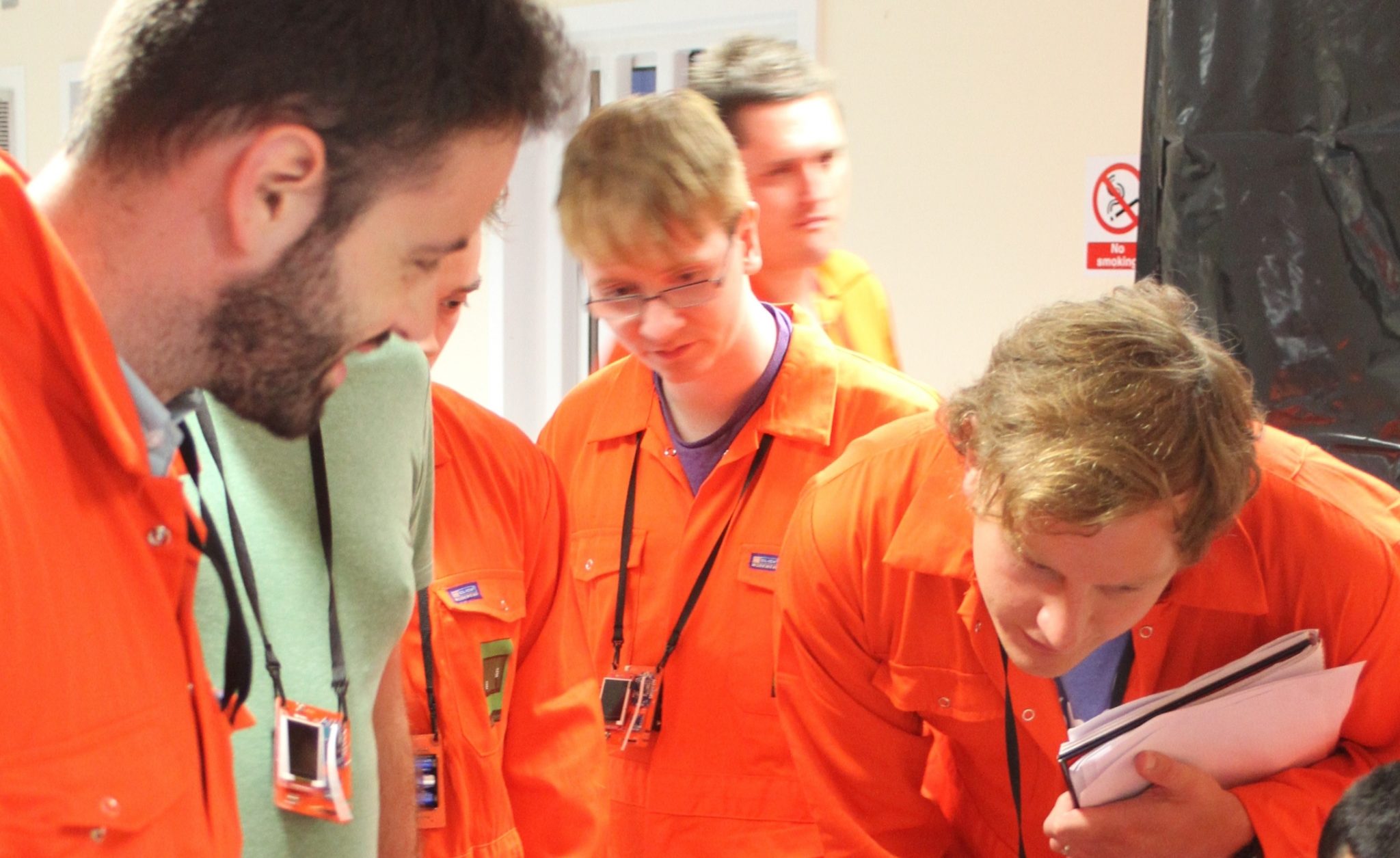
Clients want HackFu training too
MWR is committed to making each HackFu better than the last, but its plans don’t stop there. Last month, the company delivered a HackFu training event for a client for the first time.
“We knew that HackFu worked as training,” Ms Fraser said, “but we never really stopped to think about why and how. We were sort of saying, ‘You will all learn something from this, but we can’t really tell you what that will be.’
There’s now a real appetite for delivering training in a different way, and when a client asked us to do this, the process really helped us to formalise the training. So the future for HackFu is big.”
Ms Fraser said they were thrilled to be awarded a PRTA. “Although the industry is relatively new, it is massively competitive,” she said. “With so many new companies, how do you differentiate yourself?”
“Having the validation of an accreditation like this is a big thing for a relatively small company doing something a bit different. It’s good to have someone effectively saying, we know training, and we think what you’re doing is right.”
